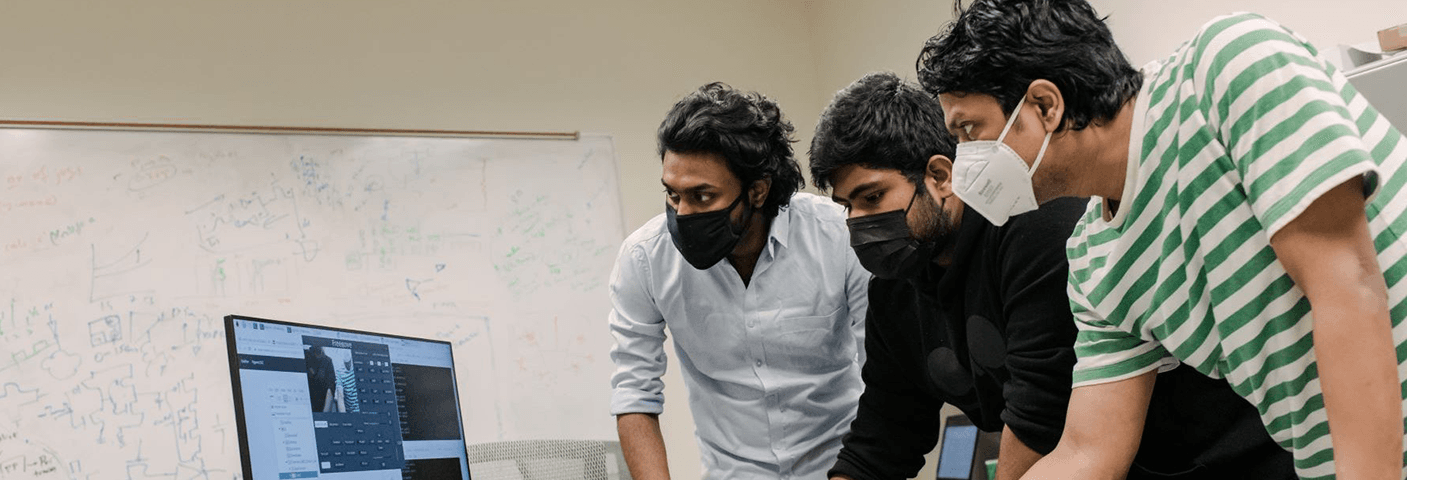Innovation in connected & autonomous vehicles happening across Maryland
06/02/2022| Julie Miller
Article Topics:
Innovation in connected & autonomous vehicles happening across Maryland
06/02/2022 | Julie Miller
As vehicles are becoming increasingly connected and autonomous, critical research and development is needed to ensure their safe advancement. Locally, our universities, federal and military research facilities, and a forward-looking state transportation agency, are making significant contributions to the connected and autonomous vehicle (CAV) field, and paving the way for safe, convenient transportation in our future. Here are 6 ways Maryland is leading CAV research and innovation.
#1 - Frostburg State University researcher evaluates weather impact on CAVs
What impact could adverse weather conditions have on CAVs? Jamil Abdo, physics and engineering department chair at Frostburg State University, is working to find out. Abdo is developing methods for performing and analyzing outdoor tests to examine the effects of rain, fog, snow, dust, and smog among the performance of various light detection and ranging (LiDAR) sensors, and integrating them into a 3D autonomous vehicle simulator. Abdo received a grant to support this research from the Maryland Industrial Partnerships program .
#2 - UMBC research investigates cyberattacks on CAVs
The more connected we are, the more susceptible we are to cyber threats. That’s why UMBC’s Riadul Islam, assistant professor of computer science and electrical engineering, is studying how to protect connected vehicles from cyberattacks that would cause safety concerns for drivers and passengers. Islam’s research is backed by a grant from the National Science Foundation .
#3 - USM at Southern Maryland invests in state-of-the-art facility
The University System of Maryland at Southern Maryland recently opened the doors to the Southern Maryland Autonomous Research and Technology (SMART) building. The $86 million, 84,000-square foot building is home to a lab that offers outdoor ground and air vehicle testing, among other testing facilities. Watch the video below to learn about the SMART building.
#4 - Morgan State contributes research, prepares workforce
The National Transportation Center at Morgan State University leads research into various transportation related topics, and researchers frequently evaluate CAVs. Additionally, Morgan State is helping prepare students for careers in the industry, offering more than 96 transportation-related courses and several transportation degree programs.
#5 - State of Maryland embraces CAV technology
The Maryland Department of Transportation (MDOT) is embracing CAVs. Through a workgroup, MDOT developed the Maryland CAV Strategic Framework , which facilitates collaboration between the state and partners interested in researching, testing, and implementing CAVs in Maryland.
#6 - U.S. Army Center assists federal agencies with testing
It's not just technology for military application tested at the U.S. Army Aberdeen Test Center . The center also assists the Federal Motor Carrier Safety Administration and the Federal Highway Administration with testing of vehicle-to-vehicle and vehicle-to-infrastructure communications.
Keep up with the latest.
Sign up for e-mail notifications.
